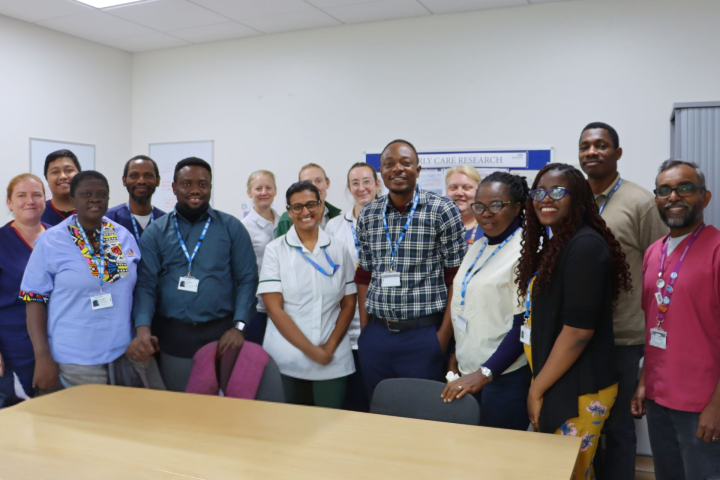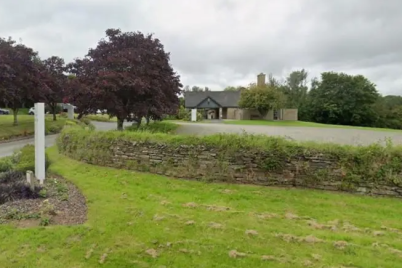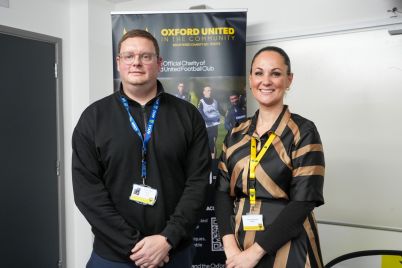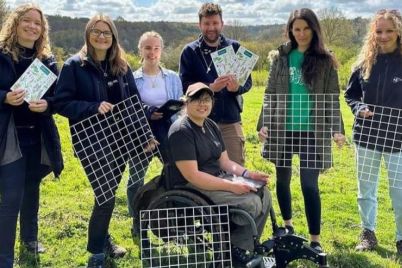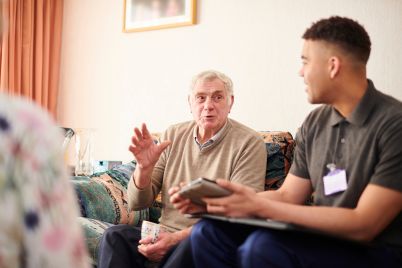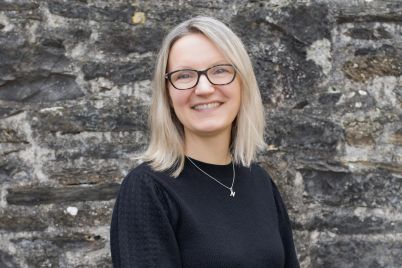Seven healthcare professionals from Nigeria have completed a four-week placement at the Royal Berkshire NHS Foundation Trust as part of an international partnership designed to strengthen stroke care in developing countries.
The delegation — made up of doctors, nurses, and physiotherapists — joined the Trust’s teams in the Stroke Unit, Emergency Department, Radiology, and Physiotherapy. The visit formed part of a knowledge-sharing initiative organised in collaboration with The Frederick Foundation, a charity that promotes medical education and healthcare development in Nigeria.
Stroke remains a major global health challenge, and the contrast between outcomes in the UK and Nigeria is stark. Mortality rates from stroke in Nigeria are estimated to be more than twice as high as in Britain, reflecting limited access to specialist care and facilities. While every NHS trust in England has access to dedicated stroke services, only around one in ten tertiary medical centres in Nigeria have a stroke unit, and just a handful have ever administered thrombolytic therapy — the vital “clot-busting” treatment proven to save lives.
Against this backdrop, the Royal Berkshire Trust’s stroke department, which is recognised as a Centre of Excellence for thrombolysis and accredited as a University Department of Excellence by the University of Reading, provided the visitors with a rare opportunity to experience advanced, multidisciplinary care in action.
Dr Kiruba Nagaratnam, Clinical Lead for Stroke Medicine at the Trust, said the exchange had been both rewarding and inspiring. “It has been a great privilege to share how we care for our stroke patients here,” he said. “The Frederick Foundation has played a vital role in facilitating and sponsoring this partnership, helping us to work towards better stroke care for communities in Nigeria.”
During the month-long programme, the Nigerian team shadowed stroke specialists, observed acute interventions, and took part in case discussions on diagnosis, imaging, and rehabilitation. They also explored how rapid assessment and early intervention improve recovery outcomes and reduce long-term disability.
Chief Medical Officer Janet Lippett said the partnership was an example of how local NHS expertise could have global impact. “We are proud of our partnerships with both local and international organisations,” she said. “Sharing knowledge and expertise not only strengthens healthcare in our region but contributes to improvements around the world. I’m especially proud of our stroke department, which continues to be recognised for excellence in research and treatment.”
The Frederick Foundation, which sponsored the exchange, was founded in memory of Dr Prince Frederick Esiri — a Nigerian doctor who trained at Oxford and devoted his life to community healthcare in Taraba State. The charity, led by his widow Emeritus Professor Margaret Esiri, works to bridge the gap between UK and Nigerian medical systems through education, scholarships, and professional placements.
The World Health Organization identifies stroke as the world’s second leading cause of death, responsible for around 11% of all global deaths. In Nigeria, stroke accounts for up to 17% of all medical deaths, according to recent data, with outcomes often limited by delayed diagnosis, a shortage of neurologists, and scarce access to advanced imaging or clot-removal procedures. The country currently has roughly 80 neurologists — a ratio of one specialist to every 2.7 million people — most based in urban centres.
These shortages mean that stroke care often falls to general medical officers with limited specialist training. Studies have shown that many healthcare professionals lack up-to-date knowledge of stroke management, especially in recognising early symptoms and administering treatment within critical time frames. Initiatives like the one hosted by Royal Berkshire Hospital are therefore seen as vital steps toward closing that knowledge gap.
For both institutions, the collaboration has highlighted the power of partnership in tackling global health inequalities. As Dr Nagaratnam noted, “By sharing our expertise, we are not only helping colleagues abroad but also learning from their experiences and building lasting professional relationships that benefit patient care everywhere.”



